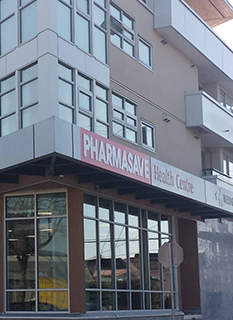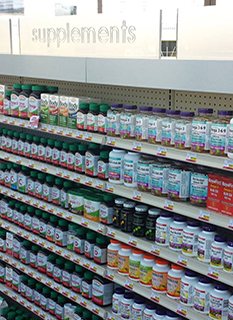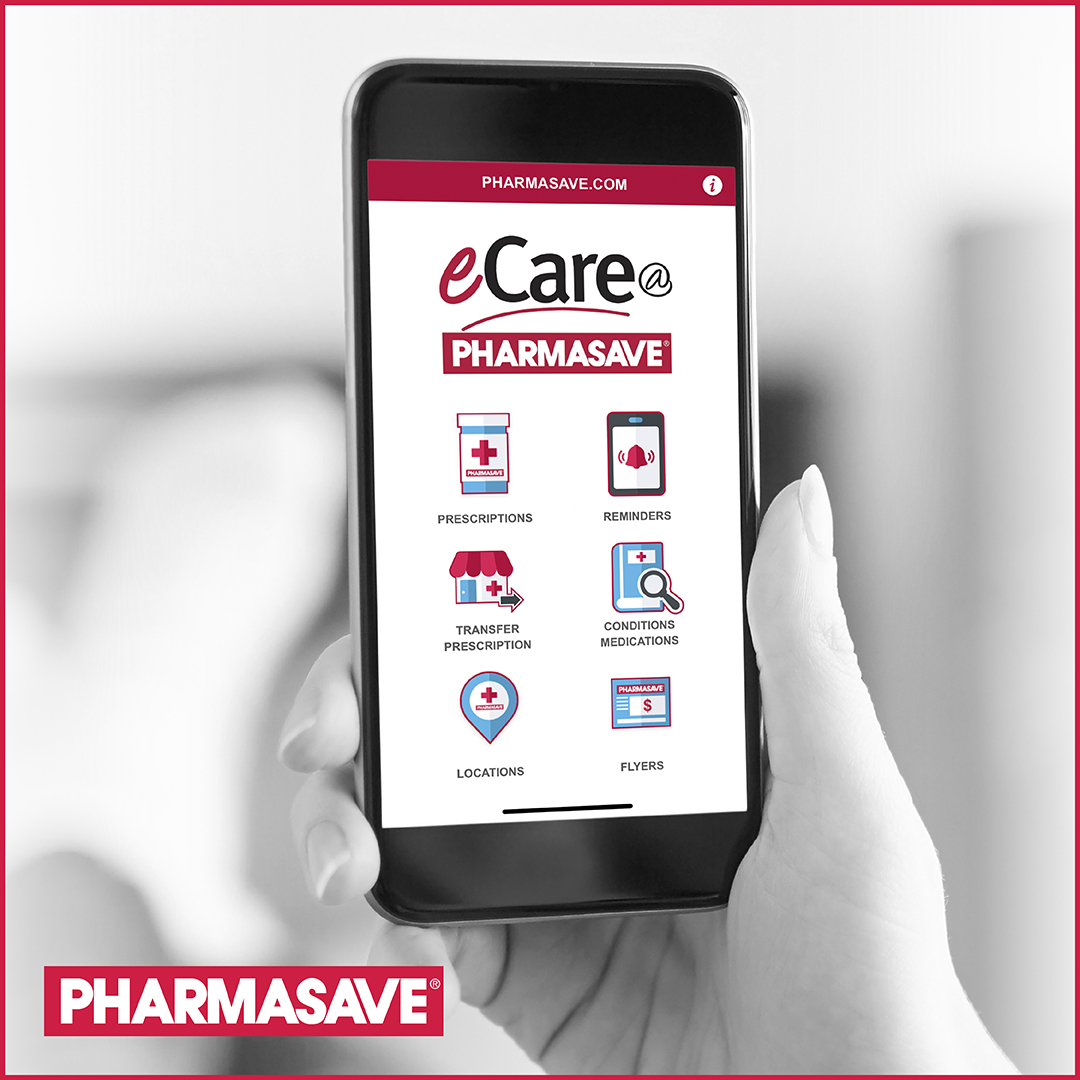Arthritis
Pain
When joints go bad.
When it comes to arthritis pain, age has very little to do with it. Even young people can get this disabling condition. Has arthritis got you aching for relief? Learn more about easing the discomfort.
It’s not true that arthritis pain is a condition that goes hand-in-hand with aging. It can also affect children and young adults, severely limiting their activities. In these cases, easing the pain is an important part of being able to live life to its fullest.
The term arthritis actually refers to a group of disorders that includes rheumatoid arthritis, osteoarthritis, juvenile rheumatoid arthritis, and others. What they have in common is joint pain. While the causes of the actual pain for the different types of arthritis may be different, some of the same solutions may work.
For some people, non-medicinal approaches to fighting joint pain can also offer comfort. For example, a brace attached to the affected joint can protect it from repeated motions. Physiotherapy with active exercise can also help relieve joint pain, while lifestyle changes can eliminate joint pain for those affected by cool and damp weather (e.g., moving to a warmer climate). A healthy diet along with some types of exercise – alternated with lots of rest – can go a long way in easing discomfort and maintaining mobility.
Rheumatoid arthritis
For rheumatoid arthritis, doctors often recommend medications such as:
- nonsteroidal anti-inflammatory drugs (NSAIDs; e.g., ASA, ibuprofen, naproxen)
- disease-modifying anti-rheumatic drugs (DMARDs; e.g., hydroxychloroquine, oral and injectable gold, sulfasalazine, d-penicillamine, methotrexate)
- biologics (e.g., adalimumab, anakinra, etanercept, infliximab)
- corticosteroids (e.g., prednisone)
These medications can help with the symptoms of rheumatoid arthritis, including pain and inflammation. NSAIDs and corticosteroids work to manage the symptoms and to relieve inflammation, while DMARDs and biologics reduce the signs and symptoms and help slow the progression of the disease.
As with all medications, there are side effects associated with the treatments for rheumatoid arthritis. It is important to check with your doctor or pharmacist at about what side effects to watch for and what you can do to manage them. As for any medication, ask your doctor or Kingsway Pharmasave pharmacist about possible side effects and what you can do to prevent or minimize them.
Osteoarthritis
To treat osteoarthritis, doctors take a slightly different approach because the pain doesn’t have the same cause as in rheumatoid arthritis.
Medications with anti-inflammatory effects (such as NSAIDs and corticosteroids) are used to treat osteoarthritis, but in many cases the pain can be managed with acetaminophen, which isn’t an anti-inflammatory. As well, steroid injections directly into the painful joints or injections that replace the synovial fluid (fluid that lubricates and cushions the joints) might be helpful.
Losing weight can also help relieve stress on weight-bearing joints such as the hips and knees. In more severe cases, surgery might be necessary.
Ask Your Pharmacist
Q: Why is exercise beneficial if you have arthritis?
A: Exercise can help keep your joints moving and keep the muscles around your joints strong. It can also keep your bone and cartilage tissue strong and healthy, and improve your ability to do daily activities. Along with medicine and rest, when your joints aren’t swollen, regular exercise can help keep them in working order so you can continue participating in your daily activities. It also may help prevent more joint damage. Do you have a question? Don’t hesitate to ask your Kingsway Pharmasave Pharmacist.
Do you have more questions? Ask your Live Well Pharmacist.









